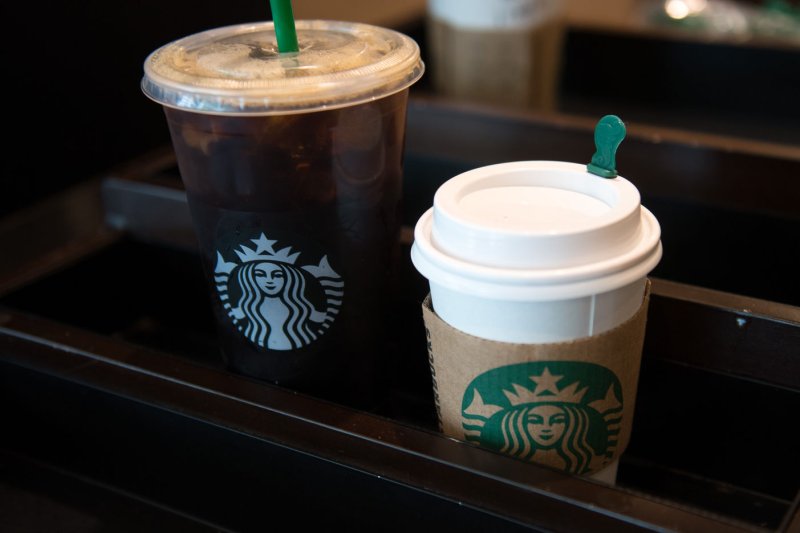SEOUL, Sept. 14 (UPI) -- Sales of coffee and drinks high in caffeine will soon be banned at schools in South Korea, as a revised children's food and safety law takes effect Friday.
Under the law, primary and secondary schools in South Korea must stop selling coffee and caffeinated drinks to students via school vending machines and snack shops.















